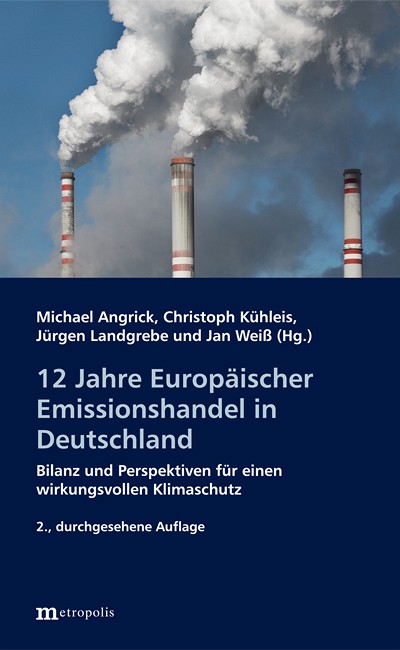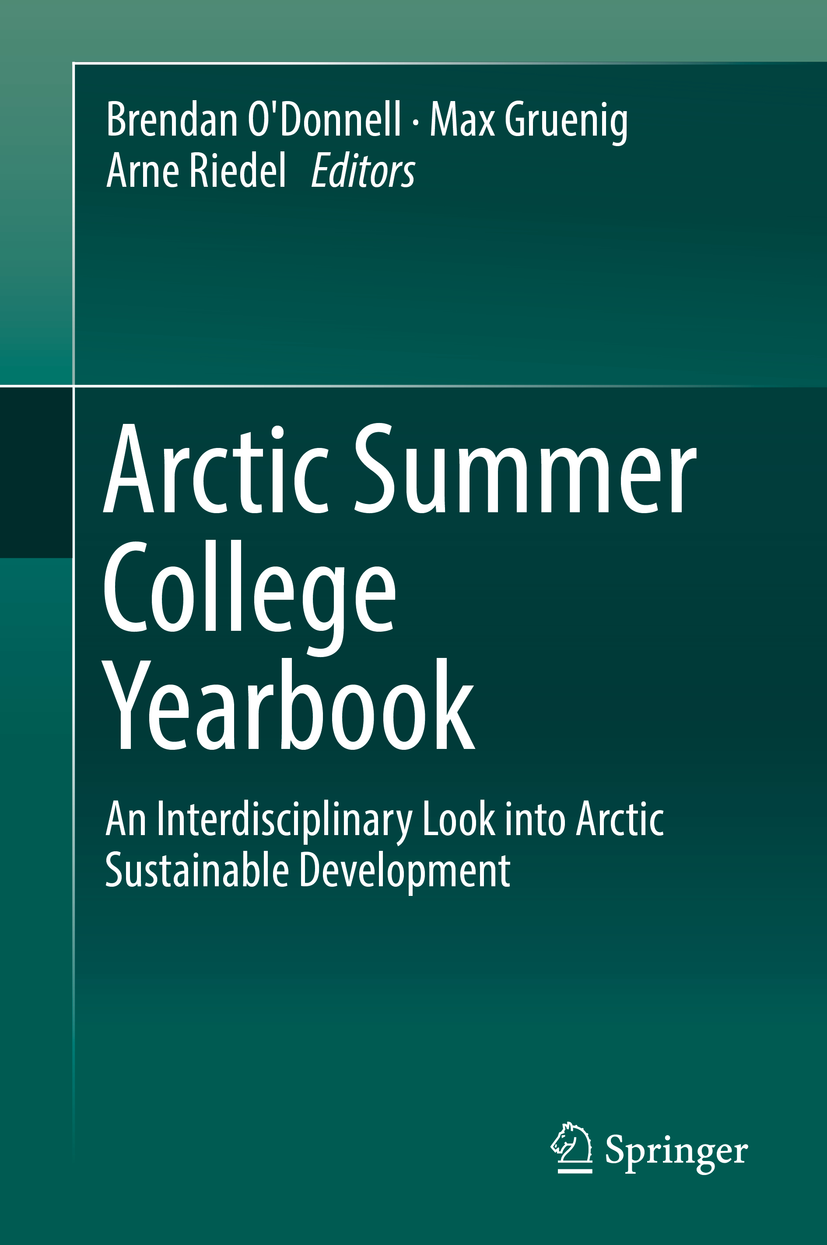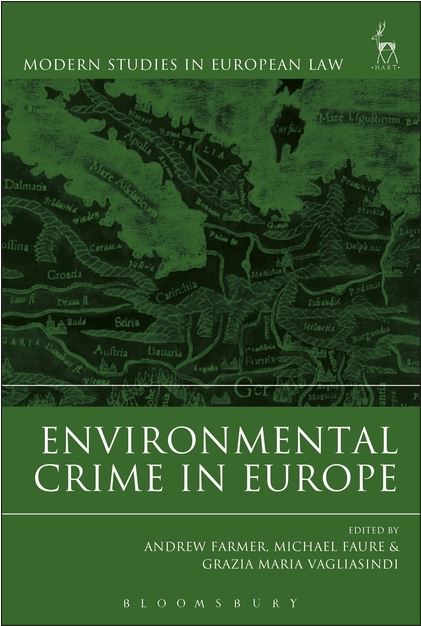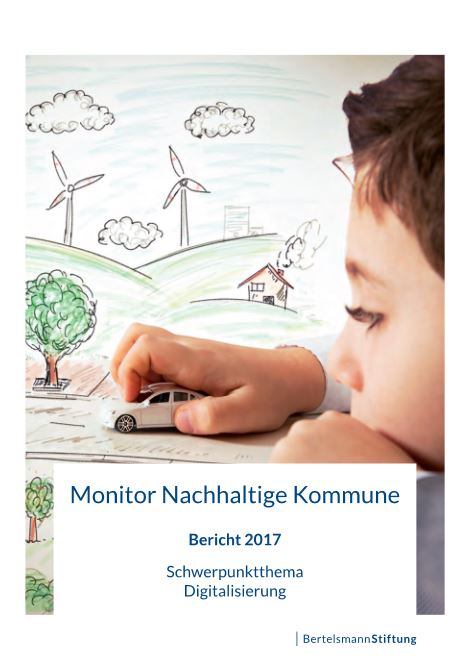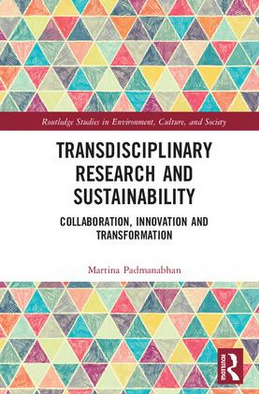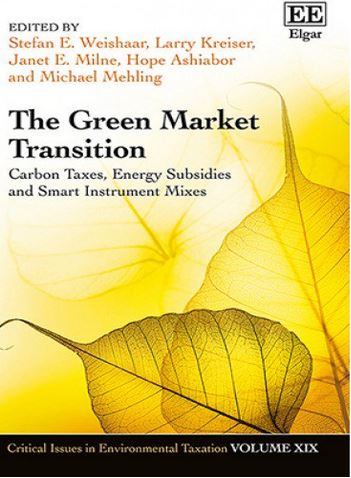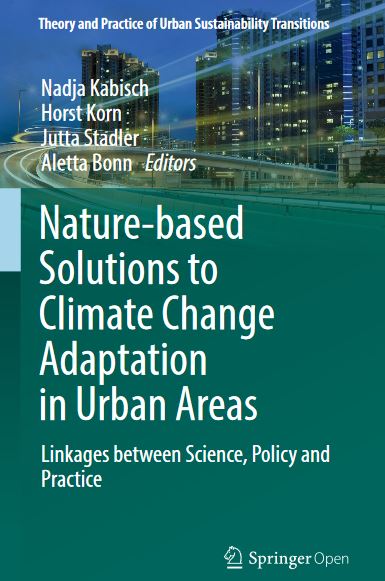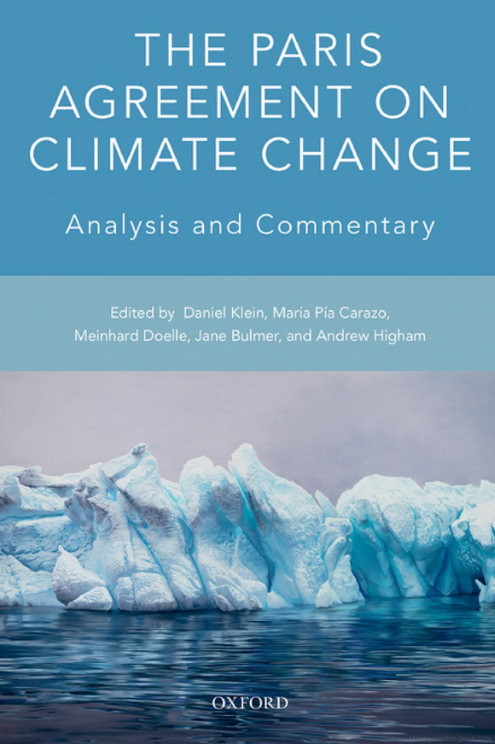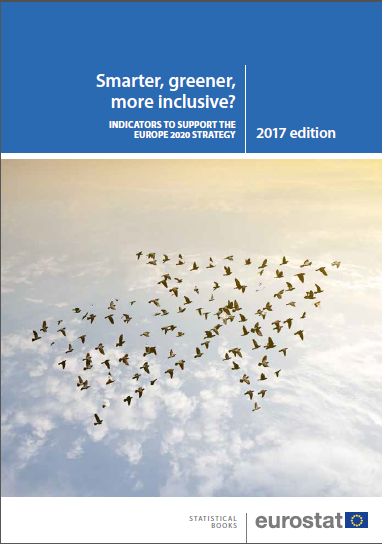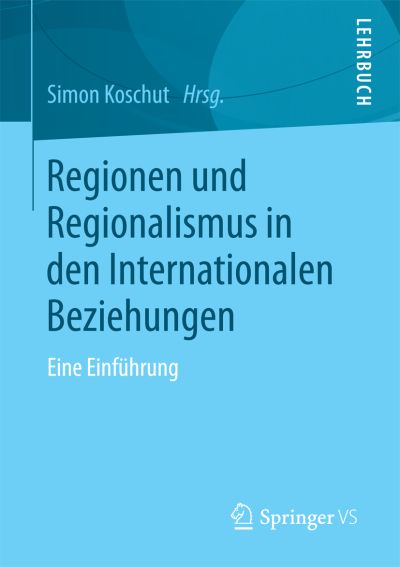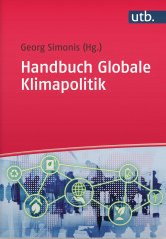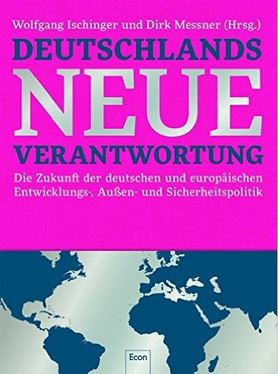Publication:Book Section
Publication:Book
Arctic Summer College Yearbook
An Interdisciplinary Look into Arctic Sustainable Development
Year
Read morePublication:Book Section
Implementing Land Degradation Neutrality (SDG 15.3) at National Level
General approach, indicator selection and experiences from Germany
Year
Read morePublication:Book Section
Publication:Book Section
Nachhaltige Kommunen durch Digitalisierung?!
Ein Verfahren zur Einschätzung der Auswirkungen kommunaler Digitalisierungsprojekte auf eine nachhaltige Entwicklung
Year
Read morePublication:Book Section
Hitting a Policy Wall
The transformative potential and limitations of community pick-up point schemes
Year
Read morePublication:Book Section
Developing Landscape Scenarios and Identifying Local Management Options
Outcomes and Evaluation of a Participatory Approach in the Swabian Alb, Germany
Year
Read morePublication:Book Section
Why are Green Fiscal Policies such a Small Part of Green Economic Policies?
Evidence from three European Countries
Year
Read morePublication:Book Section
Publication:Book Section
Publication:Book Section
Publication:Book Section
Smarter, Greener, more Inclusive? – 2017
Indicators to Support the Europe 2020 Strategy
Year
Read morePublication:Book Section
Publication:Book Section
Publication:Book Section
